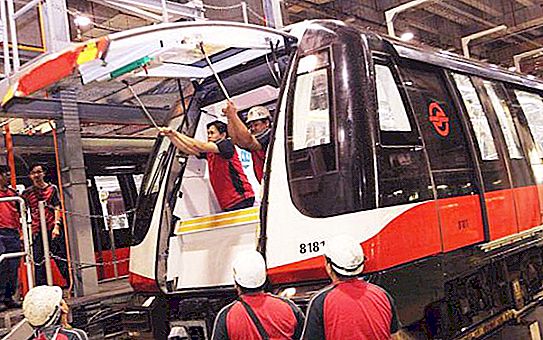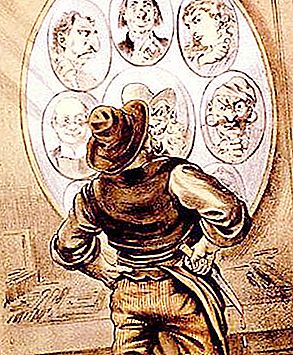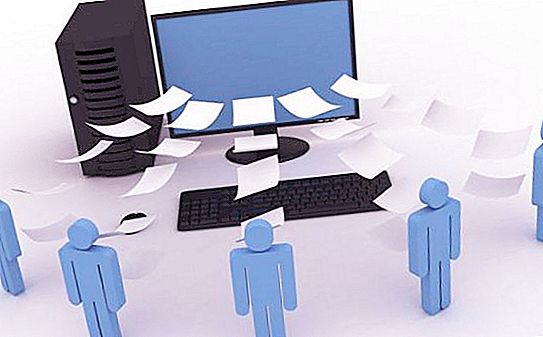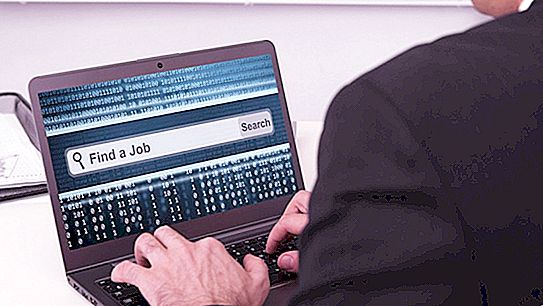Video: How to Handle Your Dispatcher Successfully 2024, May
The job description is written in order to determine the range of professional duties, work regulations and the area of responsibility of the power dispatcher. Depending on the specifics of the company, some points or sections of this document may vary.
General Provisions
Appointment to and removal from office is carried out in accordance with an order established by applicable labor legislation. The order is issued by the immediate head of the organization.
The power manager is a professional. It reports directly to a person in a leadership position. Each company determines the direct supervisor of dispatchers independently according to the internal schedule.
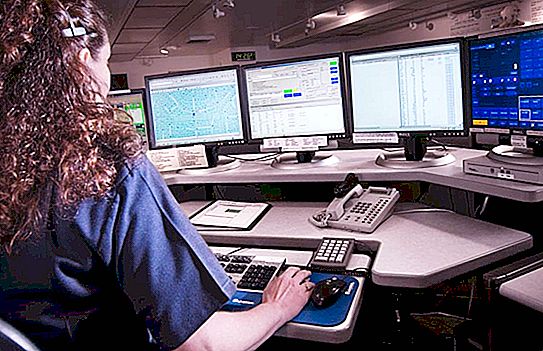
The candidate for the position of dispatcher must have a higher professional or technical education. For employment, at least two years of work experience in the field of operational maintenance of electrical installations is required. The company also has the right to require additional training from the applicant for the established program. For candidates for the position of electric power dispatcher with secondary vocational or technical education, work experience should be three years.
What the applicant should know
For successful employment for any position, the candidate must have a certain amount of knowledge. The circle of knowledge is limited by the characteristics of a person’s work in a particular position.
The power manager should know:
- documentation of organizational, administrative, regulatory, methodological nature, which relates to the process of operating the electric network, supplying consumers and dispatching control of electric networks;
- the rules for the technical operation of the country's networks;
- basic rules of electrical installation;
- basic rules for working with employees in organizations related to the electric power industry;
- technical requirements for protective equipment, rules for their use and testing;
- the contents of the instructions and provisions for recording and investigating accidents, industrial accidents and other technological violations.

In the performance of his professional duties, a person in a dispatcher position must be guided by the organizational and administrative documents available in the organization and the internal rules. Also, the governing documents are job descriptions, instructions, instructions, orders and orders of direct management, labor protection rules, safety measures, fire protection, and ensuring sanitary at work.
Professional duties
A person in any position applies his knowledge and existing practical skills, performing his immediate duties. The job description issued by the company clearly outlines the responsibilities of a specialist.
The responsibilities of the power dispatcher include:
- Operational management of the operation of electrical networks.
- Reception and delivery of the shift in the manner prescribed by regulatory documents.
- Ensuring the coordinated work of the operational personnel of power substations, network areas in terms of maintaining the efficiency and reliability of operational network circuits, individual sections or objects.
- Implementation of load monitoring at control points.
- Ensuring timely unloading of congested lines.
- Taking measures to identify irregularities in the normal operation of networks, determining the locations and nature of damage, ensuring the normal operation of networks.
- The process of receiving and organizing applications regarding the withdrawal of equipment and protective devices and automation from work, their transfer to management or higher dispatchers, informing about the results of the decision.
- Reflection on the mnemonic diagram of changes in the operational network diagram.
- Management of the actions of subordinate personnel during emergency response, taking measures to localize accidents, restoring normal operation, eliminating consequences.
- Reception from higher-level dispatchers and transmission to the network management, subordinate personnel, the management of operational dispatch services and emergency users.
- Taking measures to eliminate and prevent the consequences of accidents or natural disasters.
- Participation in ongoing trainings, classes on civil defense and practice in the event of an emergency.
- Instructing trainees, duplication at the workplace of the dispatcher, monitoring their actions.
- Maintaining operational and accounting documentation.
- Conducting classes with the operational staff of the networks, visiting control centers and electrical substations.
- Performing checks when visiting control centers.
- Learning new networking equipment.
- Participation in the work of the commissions involved in testing the knowledge of personnel, investigating the causes of accidents and accidents.
- Training in the organizations intended for this with verification of acquired knowledge.
- Participation in the process of introducing new software and technical tools.
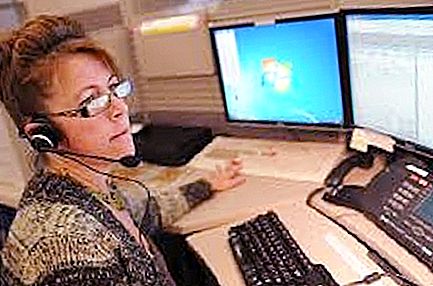
The dispatcher of the electric grid district may be involved in the performance of his professional duties overtime. Overtime work is determined by applicable labor law.
Fundamental employee rights
The list of fundamental rights of an employee is the same mandatory section as the list of duties. Each job description includes this section.
The emergency power dispatcher has the following rights:
- Make requests for information, documents and materials related to direct work with their subsequent receipt.
- To carry out interaction with divisions of third-party enterprises within the framework of their competence.
- Be a representative of an organization in a third-party enterprise without going beyond professional competence.
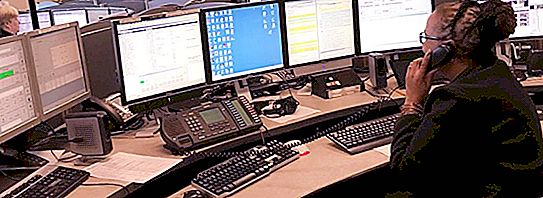
Their observance not only by the employee himself, but also by other representatives of the organization’s staff is mandatory. However, they should not be abused.
Area of responsibility
During the performance of his professional duties, the employee assumes responsibility. Within the area of responsibility, administrative, disciplinary, and in some cases criminal penalties are provided for an unscrupulous employee.
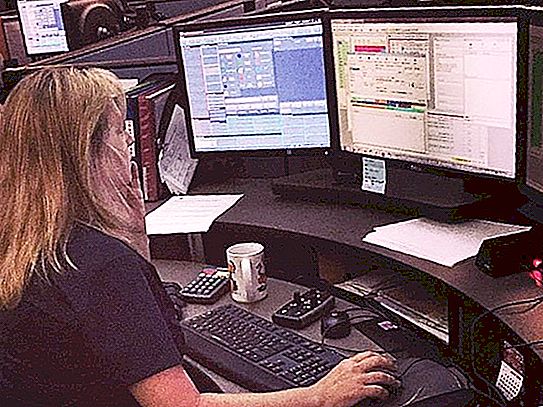
The responsibility of the dispatcher of the emergency service of the power grid includes dishonest performance or non-fulfillment of professional duties, the use of official authority for personal purposes, and the provision of false information about the work done. Responsibility is also borne for the fulfillment or non-fulfillment of orders and directives of direct management, as well as failure to take measures to prevent violations within its competence.
Basic rules for receiving phone calls
Calls to the telephone of the power dispatcher must be properly handled. The quality of call processing determines how quickly and efficiently the application will be processed, and the problems will be resolved.
These rules are as follows:
- When a call is received to the number of the network dispatcher, the employee must introduce himself.
- Be vigilant and attentive during data processing and completely record them.
- Receive all incoming calls.
- Carefully find out all the details of the incident, while respecting the tact and courtesy of the client.
- Duplicate aloud all received data.
- Upon receipt of an emergency statement, report the incident immediately to senior management.
- Specify the scene as much as possible in order to avoid errors and delays in liquidation.

All data received during telephone calls, the dispatcher must properly record in the relevant documents. Documentation is one of the duties of the employee, which is carefully checked.
Conclusion
Using the job description, you can clearly have an idea of what exactly the dispatcher will have to do during work. Knowledge of all the main provisions of this document will make the work more high-quality and productive.

